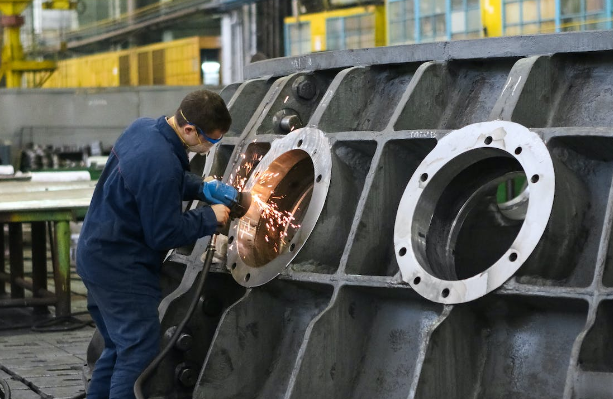In today’s highly competitive job market, more than having a degree or certification is needed to stand out. Employers are looking for candidates with practical skills, hands-on experience, and a willingness to learn. This is especially true in fields such as engineering, manufacturing, and skilled trades. In this blog post, we will explore the power of practical skills and how they can boost your career.
The Benefits of Hands-On Learning
There are numerous benefits to hands-on learning. First and foremost, it gives you a sense of accomplishment and mastery. When you complete a project or task using your two hands, you feel a sense of pride and satisfaction that is hard to replicate through other means. Additionally, hands-on learning allows you to develop problem-solving skills and critical thinking abilities. You must think on your feet and adapt to unexpected challenges when working with your hands, which can translate to other areas of your life and career.
Working with your hands can also be beneficial for your mental health. Engaging in manual work can decrease stress and anxiety levels, leading to improved mental well-being. This is likely due to the meditative and relaxing nature of manual work, which can help you disconnect from the stressors of daily life.
Practical Skills in the Workplace
Practical skills are highly valued in the workplace, especially in fields that require technical knowledge and expertise. For example, mechanic jobs require hands-on experience and technical knowledge. A mechanic must be able to diagnose and repair complex mechanical issues, work with various tools and equipment, and communicate effectively with clients and colleagues.
Having practical skills can give you a competitive edge in the job market. In a survey conducted by Business News Daily, 90% of employers said that they value candidates with practical skills, such as welding or carpentry, as much as or more than those with a college degree. This is especially true in fields with a need for more skilled workers, such as manufacturing and construction.
How to Develop Practical Skills
Developing practical skills can be done in a variety of ways. One option is to attend a trade school or vocational program. These programs are designed to provide hands-on experience and technical training in a specific field, such as in diesel mechanic jobs. Another option is to seek out apprenticeships or on-the-job training programs. These opportunities allow you to learn from experienced professionals and gain practical skills in a real-world setting.
You can also develop practical skills through continuing education and professional development opportunities if you’re already employed. Many employers offer training programs and workshops that allow you to learn new skills and advance your career.
In conclusion, developing practical skills is a powerful way to boost your career, especially in fields that require technical knowledge and hands-on experience. Whether you’re looking for mechanic jobs or a career in manufacturing or construction, having practical skills can give you a competitive edge in the job market. Not only do practical skills provide a sense of accomplishment and mastery, but they can also lead to improved mental health and critical thinking abilities. So if you’re looking to take your career to the next level, consider investing in hands-on learning and developing practical skills.




